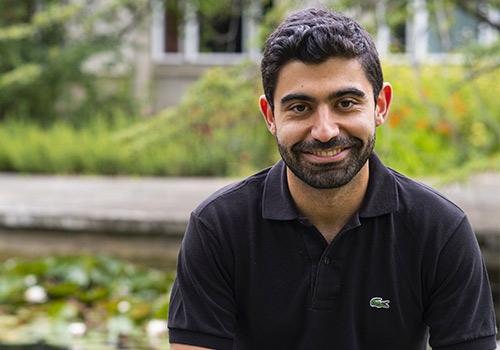ESR 2: Low-rigidity beta-type Ti-based alloys with intrinsic antibacterial and anti-biofilm properties
- Host institution: Leibniz Institute for Solid State and Materials Research Dresden (IFW), Germany
- Supervisor: Prof. Mariana Calin (m.calin(at)ifw-dresden.de)
- ESR 2: Ludovico Andrea Alberta (l.a.alberta(at)ifw-dresden.de)
Project Description
The objective is to develop new beta-type Ti-based alloys with antibacterial functionality. Beta-type TiNb-based alloys containing small additions of antibacterial elements (e.g. Ag, Cu etc.) will be prepared by cold crucible casting and additive manufacturing (selective laser melting). As a bone implant use is envisioned, the main characteristic that will distinguish beta-type Ti-alloys from commercial Ti-based materials will be the changed biomechanical environment resulting from the lower Young’s modulus of the bulk material, combined with reasonable mechanical strength. Various alloy formulations will be produced and their microstructure, corrosion, tribocorrosion and mechanical properties will be investigated. Optimized compositions will be selected for in vitro cell culture and biofilm testing.
Expected Results: a) Biofilm-resistant Ti-based alloys with low stiffness and improved corrosion and wear resistance; b) Understanding the effects of bactericidal alloying elements on the chemical and mechanical properties of Ti alloys.
The ESR will travel abroad for research secondments at different institutions of the BIOREMIA Network (e.g at INSA Lyon and Anthogyr- France, University of Gothenburg - Sweden) and will participate in specialised training meetings and international conferences.
The ESR will enroll in the doctoral student programme at Technical University Dresden.
ESR 2: Ludovico Andrea Alberta

Leibniz Institute for Solid State and Materials Research Dresden (IFW), Germany
Ludovico Alberta obtained his Bachelor’s and Master’s degrees, in 2017 and 2019 respectively, in Chemical Sciences and Technologies at the University of Milano – Bicocca (Italy).





